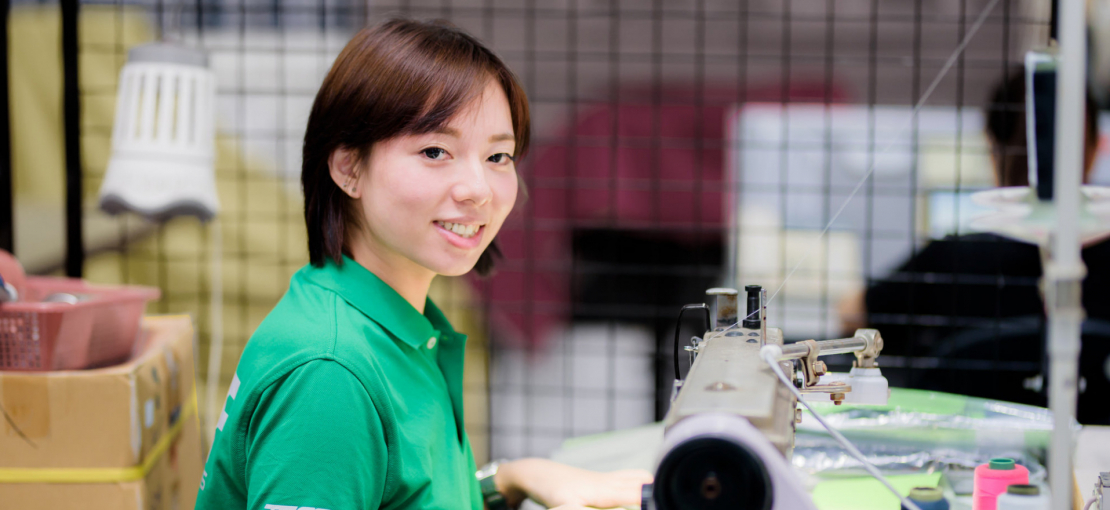
VAUDE remains committed to responsible purchasing practices during the COVID-19 outbreak
COVID-19 Supply Chain Update
The global COVID 19 outbreak has taken on a scale that poses unprecedented challenges to brands and retailers and far exceeds the scope of any single company. Nevertheless, the commitment of all Textile Partnership members is to respect human rights and to pursue the partnership’s objectives throughout the supply chain.
Effects on the Textile Supply Chain
The actions of the Textile Partnership members are characterized by cooperation in a spirit of partnership and an understanding of shared responsibility of all parties in the supply chain.
In order to mitigate short-term negative effects, the Textile Partnership has drawn up guidelines containing recommendations for handling orders as well as health risks and the danger of infection in production facilities. These guidelines will continue to be developed beyond this immediate time of crisis.

Information about the Partnership for Sustainable Textiles
The Textiles Partnership was founded in October 2014 in response to the deadly accidents in textile factories in Bangladesh and Pakistan. It was initiated by the German Federal Minister for Economic Cooperation and Development, Dr. Gerd Müller. The multi-stakeholder initiative brings together members from the industry (companies and associations), non-governmental organizations (NGOs), trade unions, standards organizations, and the German Federal Government.
The Partnership strives to improve conditions in global textile supply networks — from the production of raw materials to the disposal of textiles. The Partnerships' approach toward this goal is based on OECD due diligence guidance. Members are encouraged to join Partnership initiatives in production countries to foster structural change on the ground. They are also requested to uphold their individual responsibility in a structured, meaningful, and transparent manner. Moreover, the Partnership serves as a platform for dialogue and learning in the various issues related to the textile production.




